But Lisa Nandy also criticises licence fee and promises ‘radical and creative’ new approach
The culture secretary has promised a “radical and creative” new approach to how the BBC is funded - but has ruled out using general taxation.
Lisa Nandy told BBC Breakfast this morning that the government is not considering a general tax in lieu of the licence fee because it wants to ensure “free and fair broadcasting” that holds the government to account.
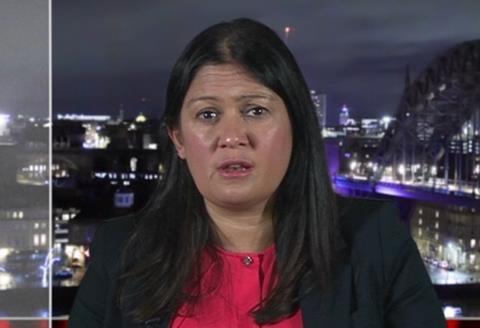
“We want to make sure we protect the BBC from the sort of political interference that we saw under the last government,” she said.
However, she said the current licence fee model is not working. She said it raises insufficient money for the BBC, is “deeply regressive” in how it impacts people from lower socio-economic backgrounds and is “failing to patch up a broken system”.
She explained: “We’ve seen far too many women prosecuted over recent years for being unable to pay it and it’s a flat fee which means that poorer people pay proportionately more than anybody else. I think that doesn’t help the BBC, it doesn’t help the government and it doesn’t help people in this country.
“We make no apology that we are considering all options and we’re thinking quite radically and creatively about how we future-proof our national broadcaster for many years to come.”
Nandy said the Labour government is determined to deliver a solution that will help secure the BBC’s future into the “latter half of this century”, rather than offering a “sticking plaster”.
She added: “We want to invite the public in to have a national conversation about how to fund and support the BBC. It is incredibly important to public life and we have to take the public with us on this. There is a sense among the public that the licence fee was built for a different era and reform has been a long time [coming].”
Government injects £60m into creative industries
Nandy made her comments during a media round to announce £60m funding into the creative industries under the government’s industrial strategy.
The funding is aimed at helping a range of creative sectors, from grassroots music venues and start-up video game studios to creative businesses, to grow music and film exports. The investment marks the first step in the government’s Creative Industry Sector Plan, which is due to be fully launched in spring 2025
The priority regions for Creative Industries are the Northeast, Greater Manchester, Liverpool City Region, West Yorkshire, West Midlands, Greater London, West of England, South Wales, Glasgow, Edinburgh-Dundee corridor, and Belfast.
Nandy announced the funding at a summit in Gateshead at The Glasshouse International Centre for Music.
She said: “Our £60 million funding boost will support creative and cultural organisations across the UK to turbocharge growth by transforming local venues, creating jobs, supporting businesses and spreading opportunity across the country. But this is by no means the limit of our ambitions, which is why the creative industries are at the heart of the forthcoming Industrial Strategy and will continue to play a key part in this government’s Plan for Change.”







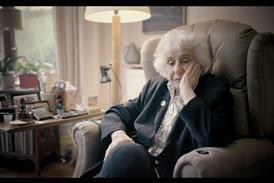






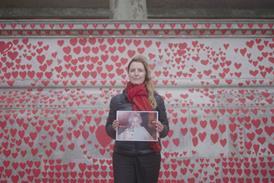








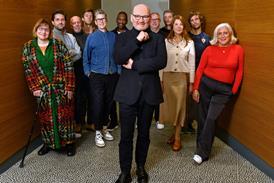

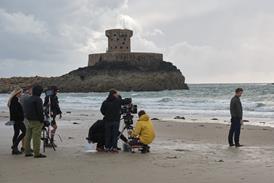







No comments yet